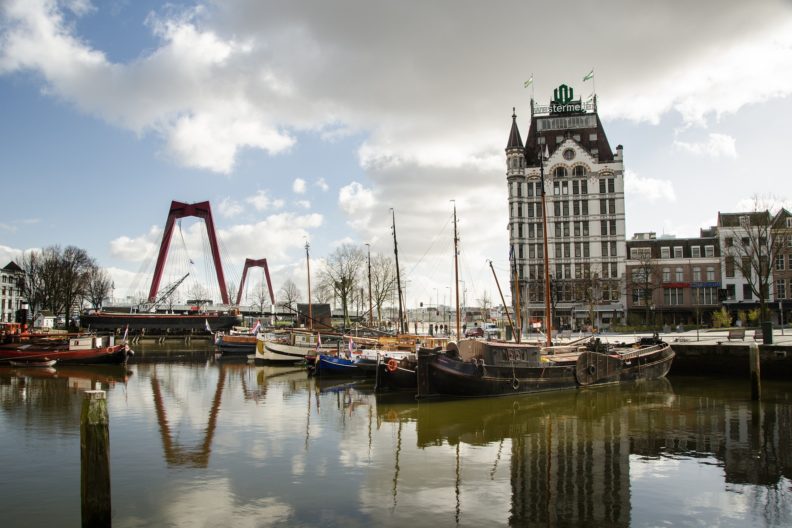‘This is fantastic and I have never seen that high evaluations’
‘This workshop has had a tremendous impact on my disposition towards teaching. The Digital Stories opened a way to create space and sensitize myself to existing assumptions, my body of knowledge that I bring to the classroom.’




